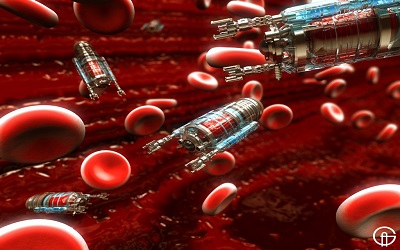PTE考生目前最大的问题之一就是练习题缺乏。除了有限的基本官方书(PLUS,Testbuilder, OG)之外,就没有题了。很多英语基础不是很扎实的同学很难找到练习材料。墨尔本文波雅思PTE培训学校专门为墨尔本,悉尼PTE考生准备了适合PTE听力阅读练习的科学60秒。各位PTE同学可以练习PTE听力中的summarise spoken text和PTE口语中的retell lecture,PTE听力口语-科学60秒-Frosty Moss练习记笔记技巧和复述。废话少说,下面开始:
听力内容:
60秒科学节目(SSS)是科学美国人网站的一套广播栏目,英文名称:Scientific American – 60 Second Science,节目内容以科学报道为主,节目仅一分钟的时间,主要对当今的科学技术新发展作以简明、通俗的介绍,对于科学的发展如何影响人们的生活环境、健康状况及科学技术,提供了大量简明易懂的阐释。
Water laced with heavy metals—like the drinking water in Flint, Michigan—can be stripped ofcontaminants using chemicals, filters, membranes, even electric current.
But now researchers say they’ve created what could be a cheaper, more effective solution:
a fleet of microscopic, self–propelled, aquatic robots.
Each one the size of just 10 lined–up bacteria—so tiny that a billion will fit in a syringe.
Each tube–shaped microbot is a sandwich of three materials.
A graphene outer layer, which binds to heavy metals.
A middle layer of nickel, which gives the bots magnetic polarity, so they can be pulledthrough wastewater with magnets.
And platinum inside—for propulsion.
Just add a bit of peroxide to the wastewater, and it’ll react with the platinum to form water andoxygen bubbles, which propel the tubes along.
In an hour, a swarm of 200,000 bots scavenged 80 percent of the lead from three millimetersof tainted water.
And the researchers estimate that it costs only about five cents a liter to do so.
The findings are in the journal Nano Letters.
The researchers envision the bots as a portable solution for small companies—they’d treattheir water onsite instead of carting it to a treatment plant.
And after the robots do the rounds, the heavy metals can be stripped away.
Meaning companies can reuse the heavy metals, and, ultimately, keep them out of ourwaterways.





